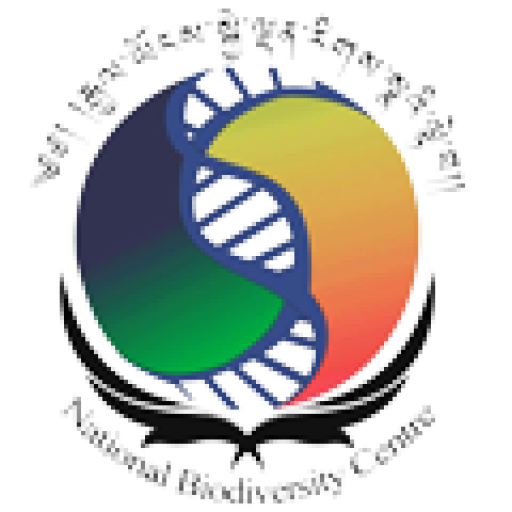The Bioprospecting and ABS program was initiated in 2009 during the 10th FYP under the directive of the Ministry of Agriculture and Forests. It was established with the rationale to build national capacities to understand the value of Bhutan’s biological resources and to explore measures to generate benefits from these resources. The program focuses mainly on biodiscovery research and Access and Benefit Sharing. The program received technical assistance and guidance from Nimura Genetics Solution (NGS) in the initial phase of the program and signed three Memorandum of Agreements (MoA) with NGS, Quantum Pharmaceutical Limited (QPL) and Bhutan Pharmaceutical Private Limited (BPPL) in the 10th FYP. In the 11th FYP, two ABS agreements were executed with Chanel Parfums Beaute (CPB) and Shin Nippon Biomedical Laboratories Ltd. (SNBL). Two tripartite ABS agreements were executed with local communities of Jom Dagam Ngomen Tshogpa, Namther Menrig Tshogpa, Menjong Sorig Pharmaceuticals Corporation Ltd. (MSPCL), Bio-Bhutan and NBC. Further, one more ABS agreement was executed between NBC and the local community of Loggchina gewog (Dzedokha Phacheng Detshen).
The Bhutan Access and Benefit Sharing (BABS) Fund was established as a plough-back funding mechanism in 2010 to receive monetary benefits accrued from access to genetic resources or its associated traditional knowledge and support biodiversity conservation initiatives. The Bioprospecting laboratory was established through the Bioprospecting project supported by BTFEC with a fund of USD 300,000. The program was further strengthened in terms of legal frameworks, capacity development, awareness raising, infrastructure up-gradation and piloting ABS projects through a funding support of USD 1.1 million from the UNDP-GEF project on implementing the Nagoya Protocol on Access to Genetic Resources and Benefit Sharing in Bhutan. In addition, funding support of USD 61,000 from Genetic Resources Policy Initiatives (GRPI II) project of Biodiversity International focused on raising awareness on ABS and assisting in ABS policy formulation. NBC also received technical and committed funding support of USD 199,000 from Chanel Parfums Beaute as a research grant towards national capacity development and research on potential biological resources.
- Document, protect and appropriately utilize TK associated with biological resources.
- Conduct exploration and research on biological resources of the country for natural product development and biodiscovery.
- Implement the National Access and Benefit Sharing Policy.
- Promote innovative measures to encourage people-centric conservation (e.g. Bhutan Access and Benefit Sharing Fund, Community based natural resource management initiatives, etc.).
- Provide technical inputs for developing policies and protocols on conservation and sustainable use of biological resources and associated Traditional Knowledge.
- Provide technical backstopping for the execution of contract agreements, Material Transfer Agreement, awareness raising programs, etc.
- Promote regional and international linkages for collaborative work in the field of bioprospecting and access and benefit sharing.
A Bioprospecting laboratory with state of the art equipment for basic plant analysis was established in 2012 and has built a collection of more than 1200 plant extracts to date. Requisite technical capacities were also developed to initiate basic biodiscovery research focused on plant extraction and natural product development through the support of the BTFEC. The ABS regime has been institutionalized with the NBC designated as the National Focal Point to facilitate access to genetic resources and associated TK. Till date, the Centre has executed over a 300 Material Transfer Agreements (MTA) and thirteen ABS agreements; and developed twelve natural products based on ABS principles. The ABS Policy of Bhutan 2015 has been developed and adopted by the Cabinet, and the Biodiversity Act of Bhutan 2022 was adopted by the 7th Session of the Third Parliament of Bhutan and received Royal Assent from the Druk Gyalpo on the 17th day of the 5thmonth of the Water Male Tiger Year 2022. Furthermore, the first Interim National Report on Implementing Nagoya Protocol in Bhutan was submitted to the CBD Secretariat in 2017. The BABS Fund has received around Nu. 12.0 million as part of the monetary benefits generated through ABS agreements as well as private contributions and has supported three community based biodiversity conservation and sustainable use projects in Samtengang (Wangduephodrang, and Simphu and Jangbi (Trongsa). The inventory and the documentation of TK associated with biological resources has also been completed in all 205 Gewogs.
